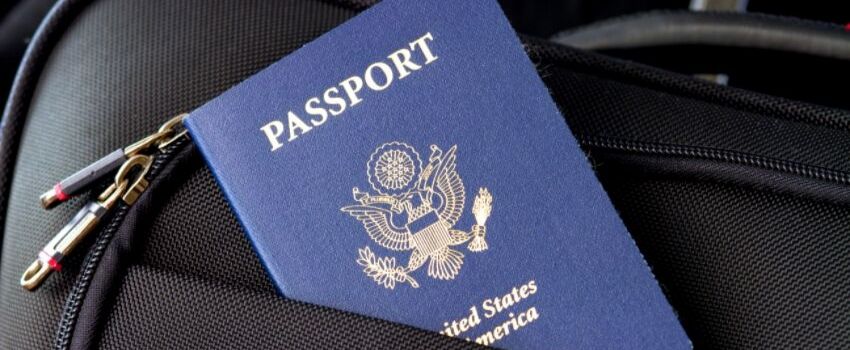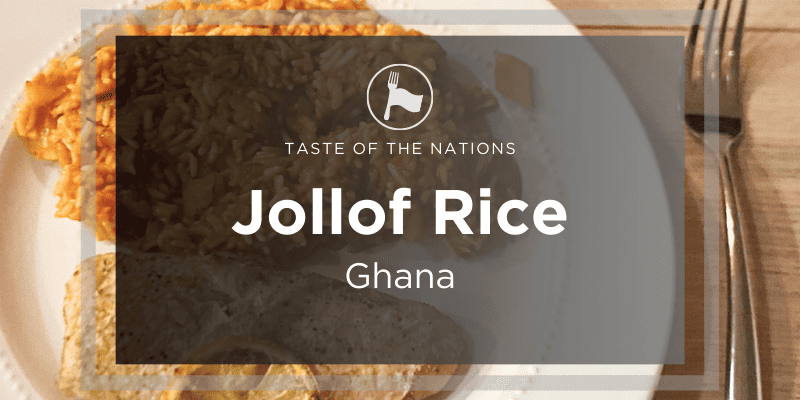When you want something so badly – when you Love it, with a capital L – you’ll do anything to get it. Most of us can remember feeling like this at some point in our lives, whether it was a toy, a pet, a first car or a first love.
Maybe you’ve heard the story of PK (Kumar) Mahanandia, a young Indian street artist in the 1970’s who fell in love with Charlotte, a Swedish tourist. He met and married her in the span of three weeks, and when she had to return home, he sold all he owned, bought a bicycle and rode for over four months, roughly 5,000 miles, from India to Sweden to be reunited with her. That’s crazy, right? Kumar would say that’s love; in fact, his exact words were, “The secret is the love. I strongly believe in the power of love. As human beings love can bind us all”.
Another story of extravagant love is told in John 12 and Matthew 26 when Mary, the sister of Lazarus, poured out a jar of very expensive perfume on Jesus to anoint him before his crucifixion. Some of his disciples, especially Judas, were quite upset at what they perceived to be the waste of a precious resource. It’s easy to imagine that their reaction might have been, “What have you done, are you crazy?!” They were unable to see the bigger picture behind the gesture.
This is a good example of how we all, at times, can get stuck in our own ideas of how to best use resources, especially if we’re confronted with a way of giving that doesn’t make sense to us. We can even hide behind our spirituality, rationalizing our reluctance with language like “stewardship” and “accountability”, when, in reality, it is about the state of our hearts.
Jesus said Mary had done “a beautiful thing” for Him – that is a great way to describe extravagant generosity. Yet, it was this beautiful act that was the tipping point for Judas. Instead of inspiring him, it magnified his perceived lack and fueled his greed, and he sold the Lord out for thirty pieces of silver, the price of a slave.
It all comes down to perspective. Do we live from a mentality of scarcity or abundance?
Scarcity says, “Is this all there is? My money is mine, what can it do for me?” We live in fear and leftover, not knowing where our security lies.
Abundance says, “There is so much more to come. How can my money bless others?” We live in trust and plenty, knowing that God owns it all and we are only managing it.
Generosity isn’t limited by logic – it is about overflow. God will meet us in our generosity and take it somewhere we could never imagine. It’s an invitation to all of us, and we have to decide in advance to set ourselves up for that opportunity. We can let society and the culture tell us how and where to spend our money or we can allow the Kingdom to guide our decisions under the Holy Spirit’s leading.
Here are three practical ways to help set yourself up for overflow:
1. Identify your priorities
This sounds like a no-brainer, but many of us haven’t really given this a lot of conscious thought. You may be able to come up with a number of important things off the top of your head, but if you sat down, wrote out the things you truly value and prioritized them, you might discover things you had overlooked, or realize the importance of some things over others. Being reminded of where your heart is will influence where your treasure goes.
2. Plan Your Generosity
Have a plan before you need to plan. You will never accidentally be generous. You can ‘wing it’ when giving, but generosity must be intentional. If living from overflow is your aim, you should pray, determine what you will give, and then formalize it using a method that keeps you organized and responsible. Having additional side plans for extra giving or unexpected needs/blessings is also a good idea. If you’re thinking extravagantly, you might even consider plans to annually increase your giving. Generosity isn’t static; once you’re willing to give, God will continue to lead you into deeper opportunities, financially and spiritually, and it would be wise to be prepared.
3. Automate your activity
Once your priorities are identified and your plans are in place, you can use the convenience of technology to assist you. Utilizing online tools to facilitate, expedite, and safeguard your financial activity allows you to free up the mental space you use to track all that stuff, and protects you from the worst versions of yourself – the one prone to forgetfulness, procrastination, over-spending, unhealthy spontaneity, etc. We all have good intentions, but actually following through is sometimes a problem. Automating is not just a step of practicality, but a step of faith.
Generosity from overflow affects everyone – you and those around you. Blessing others should energize you and make you continually want to be more like Jesus. More times than you may realize, God wants to use you as the answer to someone else’s prayer. You may tell people you’ll pray for them or their need, but what if God wants you to BE the answer to that prayer? He does sometimes answer prayers supernaturally – like that unexpected check in the mail – but more often than not He uses His people, nudging you to act through the prompting of the Spirit. You’ll miss out on blessing others if you don’t respond to that nudge.
Extravagant love can motivate you to do outrageous – even “crazy” things. Jesus loved us like that and gave us a model to follow. Will you love Him and others the same way?









